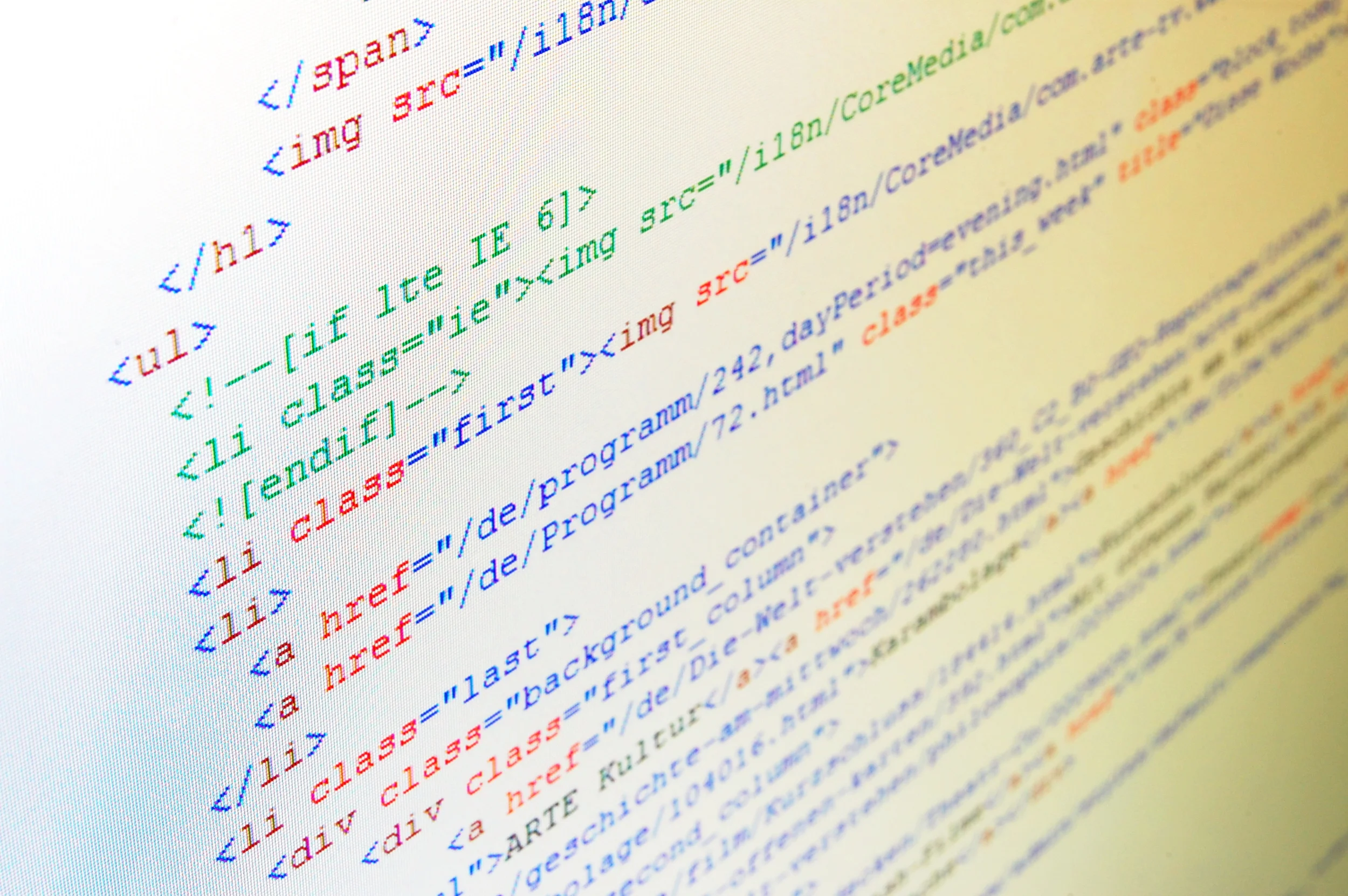Multitasking is a LIE
It's a Lie we tell ourselves...
We have all heard that multitasking is the best way to be highly efficient and it's the way smart people get things done. We are always trying to find a way to get more tasks accomplished within our 24 hours and multitasking seems to be the answer right? Wrong. We all have been sold a bill of goods; really, we have. The word multitasking was first used in 1960 to described a computer’s ability to perform many tasks seemly all at once; ultimately, multitasking literally means multiple tasks alternately sharing one resource in this case a CPU. Due to a computer’s fast ability to read code it “looks like” it is doing more than one task at a time. However, even the CPU cannot read two lines of code at a time. What the CPU is actually doing is alternately reading and executing the code by switching back and forth between the codes until the tasks are done.
Overtime, this lie of multitasking became synonymous with people doing multiple tasks. Now I hear what you are saying “Hey wait a minute humans can multitask; we can walk and talk, or chew gum and walk, or even drive and listen to music all at the same time.” Yes, you are right those small tasks can be done simultaneously. However, not with equal attention and more importantly our attention bounces between the two tasks. If the tasks have greater focus the harder they are to complete together. Think about driving and talking on the phone. This activity is responsible for over 6000 deaths annually and is the number one cause of death in teens even over alcohol use. http://bit.ly/1LOfHPH Additionally, I see people that come into my office stressed and feeling over whelmed and I will ask about their sleep schedule, their commute time, family time, personal (alone) time and about their working time. They tell me that almost every moment of their day is planned out and yet they still want to do more. They want to be able to add other things to their schedule or they feel they just can’t juggle anything more. They feel depressed, sad, overwhelmed and stressed, with little life satisfaction. They can’t understand why, “if only I could get more organized they say it would all work out.” I am here to give you the freedom of doing one thing and doing it well. No more multitasking; now doesn’t that feel good? So why is multitasking so bad for us? According to a 2009 study at Stanford University, multitasks pay a big mental price. The study found that:
- Reduces the amount of information you can remember; decreased overall memory
- Unable to filter out irrelevant information; so tasks actually take longer
- Unable to focus on the goal at hand
- Always thinking about other things but not able to complete the task
- Inability to concentrate for long periods of time
- We become less efficient as we lose time by switching between tasks
- The stress hormone cortisol increase in the brain when we multitask
- We actually lose 10 functional IQ points
World expert on divided attention and Neuroscientist, Earl Miller, at MIT states it this way...
“Our brains are not wired to multitask well.” When people think they’re multitasking, they’re actually just switching from one task to another very rapidly. And every time they do, there’s a cognitive cost in doing so.”
If you suffer from the “shiny object syndrome” or if you're still not convinced to give up multitasking I challenge you to just try for a day. Work on one project until it’s completion. Put the phone on mute, turn off the email pings and solidly work on the task. See if it takes you less time, you have more focus, if your brain is less fatigued and you may even have more energy and a bigger sense of accomplishment.

